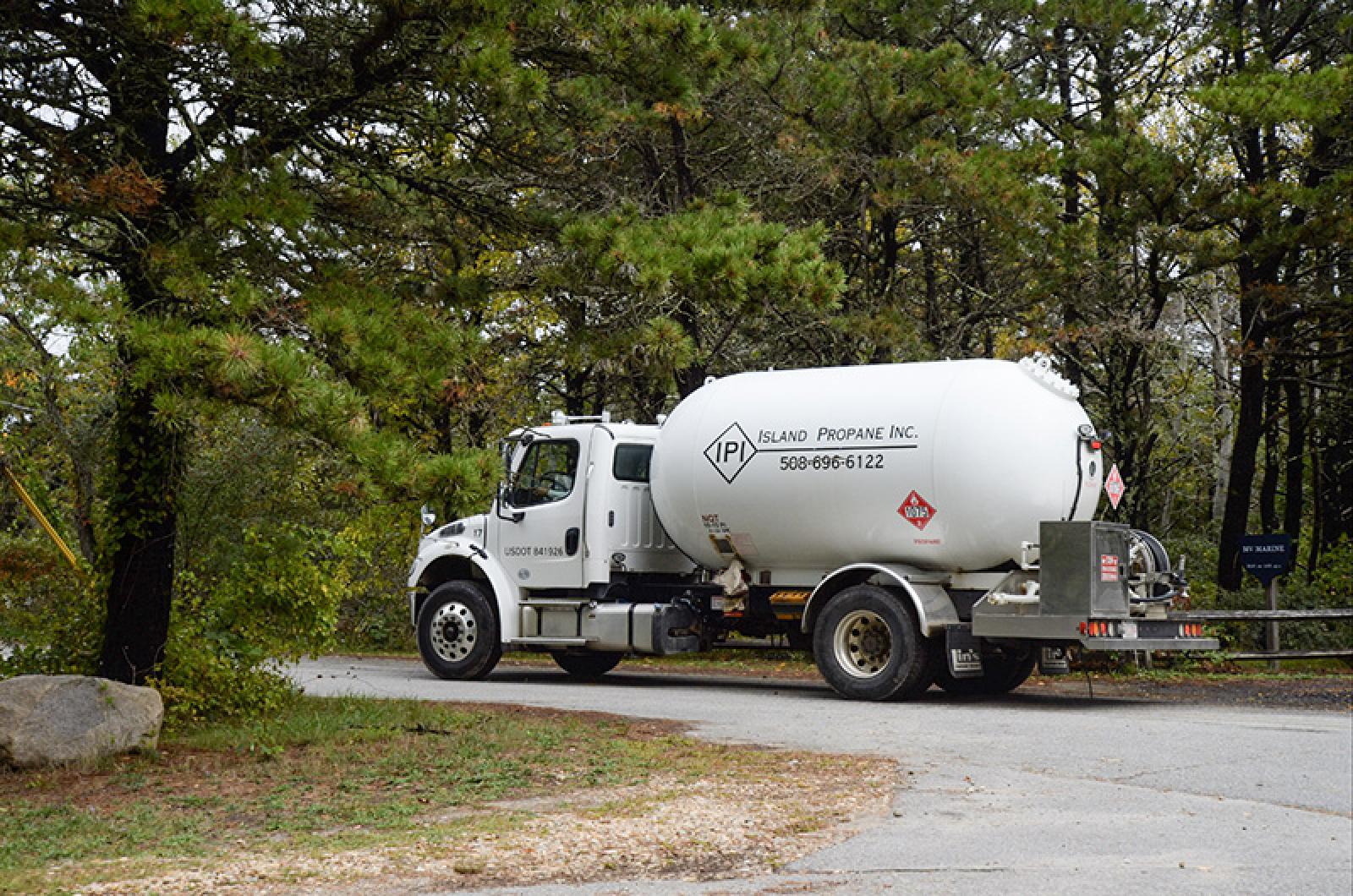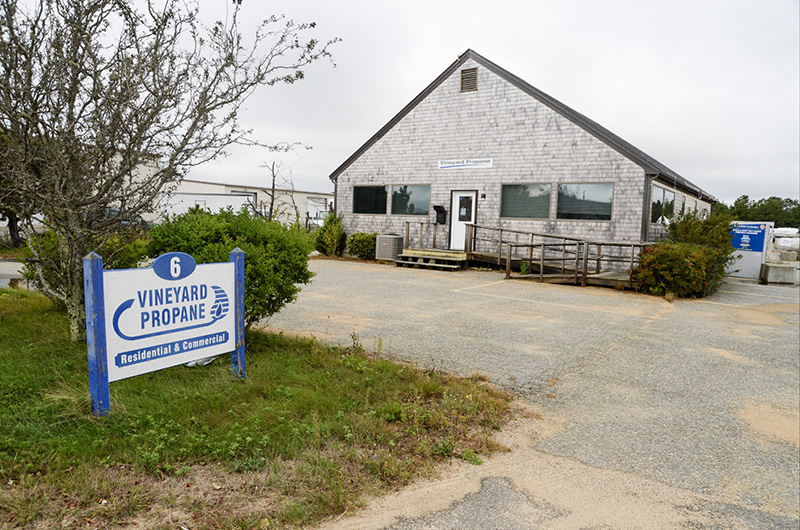With the home heating season about to begin, Martha’s Vineyard social service providers and others are mobilizing to prepare for what they expect will be heavy demand for financial assistance this winter, as energy costs rise, worries about inflation loom and year-round Islanders feel the strain on their household budgets.
Delilah Meegan, the social services case worker for Dukes County who administers the fuel assistance program, is already bracing for the storm.
“I’ve been inundated with phone calls — there’s definitely a need,” Ms. Meegan told the Gazette by phone this week. “People are calling profusely to get applications in as soon as possible.”
The home heating season runs from Nov. 1 to April 1, but fuel assistance applications will be made available this month, through Ms. Meegan and also the Island councils on aging.
“There’s more than one outlet,” Ms. Meegan said.
The fuel assistance program is run by the South Shore Community Action Council, and makes funds available to help income-eligible Islanders pay for their heating bills. The threshold this year for a single-person household is just over $40,000 gross annual salary.
The application process can be arduous, and many moderate-income Islanders who also need assistance will not qualify, Ms. Meegan admitted.
“There’s a lot of paperwork that has to be signed . . . and the income level is a barrier on Martha’s Vineyard,” she said, noting that the high cost of living on the Island creates need among moderate income residents as well.
Other groups are providing no-cost assistance to create energy savings, chiefly the Cape Light Compact through its home energy assessment program. Homeowners and renters can sign up for a free energy audit of their home, and for income-qualified residents the Compact will cover 75 per cent of the cost of upgrades such as insulation and weather stripping, which are often lacking or inadequate in older homes.
Every Island town is a member of the Cape Light Compact.
“At our last board meeting we talked about the anticipated high winter fuel prices we are expecting for oil, propane and what customers can do to prepare for the upcoming winter,” said Compact executive director Maggie Downey, speaking to the Gazette by phone this week. “The foundation for everything is energy efficiency — whatever you heat and light your home with, should be done as efficiently as possible . . . that is the first thing that anyone can do,” she said, adding: “We pay into this fund every month through our electric bill and we have a suite of offerings to our customers.”
Massachusetts is a no-heat shutoff state, which means no one can have their heat shut off for any reason between November and April.
Ms. Downey said budget billing — a program that
spreads payments out over 12 months — is also available to home heating customers.
The utility giant Eversource offers budget billing and also other assistance programs, spokesman Chris McKinnon said in an email this week.
“As we head into the winter heating season, we want our customers to know that we are here to help. We encourage all customers to take steps now before the cold arrives to better manage their energy use through a variety of programs,” he wrote.
Mr. McKinnon said Eversource has not filed updated rates yet but expects to do so in mid-November. If approved by the DPU, the new rates will go into effect Jan. 1, 2023.
Without question, the rates are expected to be higher. At the state level, last month Secretary of State William Galvin asked the legislature to set aside a home heating oil reserve for middle and low-income residents before the winter heating season begins.
Carlie Clarque, legislative aide to Cape and Islands Rep. Dylan Fernandes, said in an email that Gov. Charlie Baker’s supplemental budget includes $10 million for low income home heating assistance, a measure Mr. Fernandes supports.
According to a survey done by an energy working group affiliated with the Island climate action network, in 2018 two thirds of Island homes were heated by propane, a third by oil, with wood heating harder to quantify, according to Kate Warner, the energy planner for the Martha’s Vineyard Commission.
But that information has likely changed given a variety of programs in the past four years to convert Island homes to electric heat pumps, and new requirements by the MVC for the use of heat pumps in new development. (The Cape Light Compact program is offering financial incentives in the form of hefty rebates as well for homeowners who convert to heat pumps).
Ms. Downey said the best thing residents can do to save money this winter is watch how they use energy at home. And there is much technology available now that can help, such as programmable thermostats, she added.
“Use energy wisely,” Ms. Downey said. “Be smart. There are worldwide issues that are driving up energy prices.”
To apply for the fuel assistance program on the Vineyard, call Delilah Meegan at 508-696-3844, ext. 107 to schedule an appointment. Applications will be processed beginning in mid-late October. If 60+ call the town's council on aging center.
To learn about Eversource’s assistance and payment programs, call 800-592-2000.
To sign up for a Cape Light Compact free energy audit or learn more about their programs, go to www.capelightcompact.org.





Comments (2)
Comments
Comment policy »